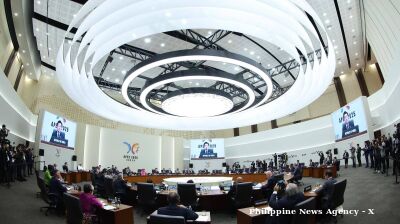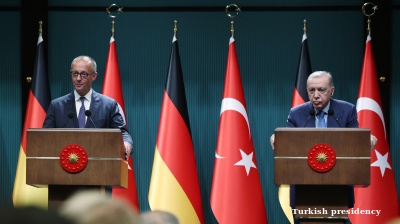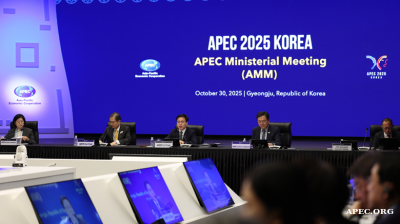Rising tensions in the South China Sea have intensified following the Philippines' increased air patrols and airdrop operations near contested reefs, according to a recent alert from the South China Sea Strategic Situation Probing Initiative (SCSPI). The Beijing-based think tank has cautioned against the growing risks associated with these aerial activities, highlighting the potential for severe consequences if the situation deteriorates further, as reported by SCMP.
The SCSPI’s latest report underscores the growing anxiety in Beijing over what it perceives as provocative actions by Manila. According to the think tank, the Philippines has adopted air incursions as a new tactic in its maritime strategy, further complicating an already volatile situation. The think tank's article, shared on WeChat, claims that the escalation into aerial confrontations presents risks that far surpass those encountered at sea, potentially leading to incidents more severe than maritime collisions.
In recent weeks, the Philippines has conducted multiple air patrols around the contested Spratly Islands and Scarborough Shoal, with four military air patrols reported last month alone.
These activities have been described as exacerbating tensions in the region. The Philippines has also increased its airdrop missions to supply personnel stationed on disputed atolls, including the advanced coastguard vessel BRP Teresa Magbanua, which has been anchored at Sabina Shoal since April. Last week's airdrop, conducted by helicopter after Chinese vessels obstructed earlier boat deliveries, highlights the intensifying dynamics on the ground.
China’s response has been stern.
The Chinese coast guard issued a warning, noting that the frequent airdrop operations are fraught with risks and could potentially lead to dangerous incidents both at sea and in the air. The SCSPI has criticised Manila’s manoeuvres as deliberate provocations aimed at altering the status quo in the region. The think tank also raised concerns about the operational safety of Philippine aircraft, which often fly with their Automatic Dependent Surveillance-Broadcast (ADS-B) transponders deactivated, thus increasing the risk of accidents and miscommunications.
Philippine Defence Secretary Gilberto Teodoro Jnr has suggested that the country may deploy FA-50 light combat aircraft to escort patrol planes in the South China Sea. This move follows recent allegations from Manila of dangerous aerial manoeuvres by Beijing, including the use of flares to obstruct a Philippine patrol aircraft near Scarborough Shoal, known as Huangyan Island in China.
As maritime confrontations persist, with frequent allegations of ramming and the use of water cannons and military lasers by the Chinese coastguard, the situation remains fraught with potential for escalation. The SCSPI’s warning reflects broader concerns that the Philippines’ efforts to change the current maritime dynamics could provoke further incidents, making greater caution and vigilance imperative.
News

Chicken and chips in Seoul - for Nvidia, Samsung and Hyundai
In a low-key fried chicken shop in southern Seoul, the leaders of Nvidia, Samsung Electronics and Hyundai Motor held an informal meeting on the evening of October 30.

Presidents Lee and Xi begin diplomatic chapter at APEC summit
President Lee, who is chairing the first session of the summit at the Hwabaek International Convention Centre, stood at the entrance to personally welcome participants. President Xi reached the venue at approximately 10:02.

South Korea opens APEC summit focusing on connectivity and growth
South Korean President Lee Jae Myung chaired the opening session of the Asia Pacific Economic Cooperation (APEC) Leaders’ Meeting on the morning of October 31 in Gyeongju, North Gyeongsang Province.

Joint Erdogan, Merz press call in Ankara not without tensions
Turkish, German leaders address delicate issues such as Gaza and Turkey’s longstanding stated wish to join EU, but there’s no war of words.



